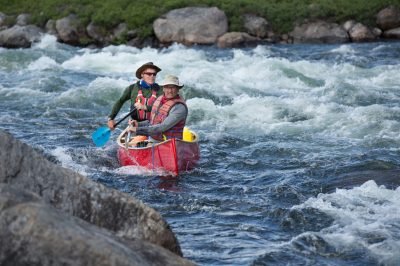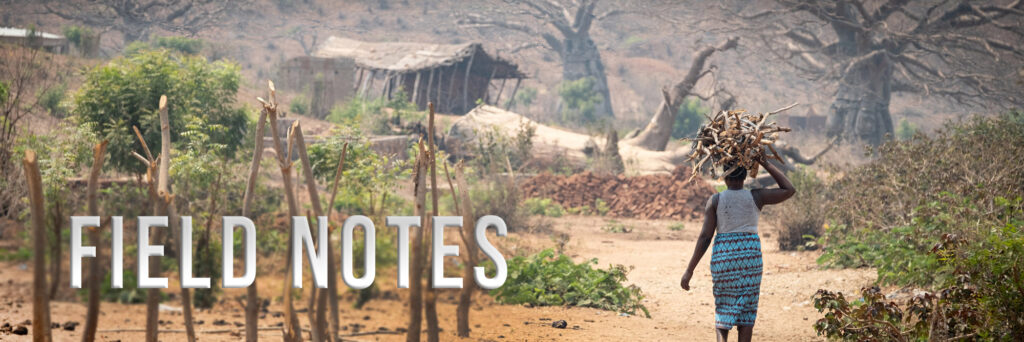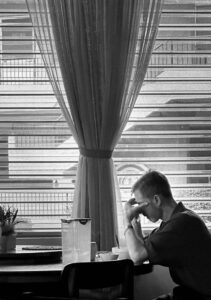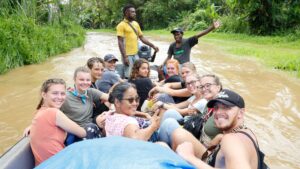Jack Stefanyk leaned on his paddle and chewed his lip looking off a rock outcrop down at the river raging below. I looked down at the river, too; and then over at Jack. I looked back at the river and again back at Jack. He was still biting his lip.
“Well, what do think?” I asked. There was a long silence.
“I gotta take a dump,” he said, and turned to disappear into the woods. And that’s when I got nervous.
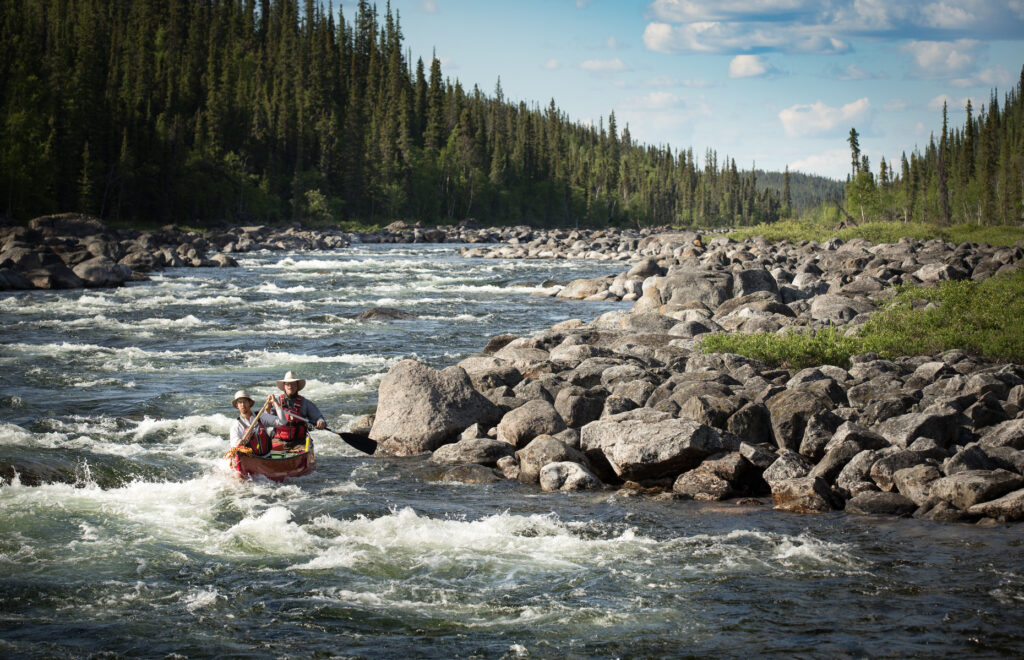
Four days prior, our team of six shuttled three canoes and 10-days worth of gear aboard a single-engine Cessna 208 we chartered with Air Tindi out of Yellowknife, NWT. It took the little plane two 50-minute trips to deliver the crew into the barrens of Upper Carp Lake, about 200 km north of the city; but there on that beach the weariness of a 24-hour, three-province commute vanished.
We were stoked to get underway.
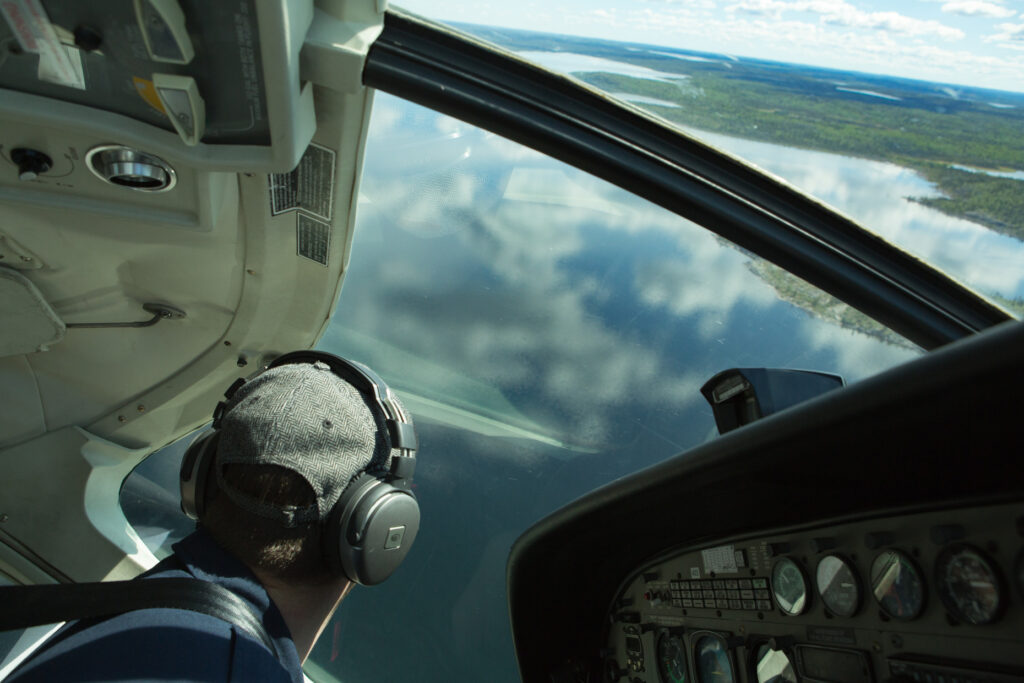
But that was four days ago and now we were starting to bonk. Bonk? Well, that’s what happens when your body runs out of sugar and your metabolism switches into ketosis – eating into your fat reserves, leaving you foggy minded and worn down physically and emotionally.
Watching our fearless leader go to relieve himself in the bushes after having studied the next run of rapids filled me with serious doubts.
“Craig,” he said just yesterday, ” In highwater, there are two kinds of paddling. There’s technical paddling and critical paddling. This is critical paddling.”
His meaning was suddenly rendered quite clear. This stretch of whitewater before us was in every way critical – one false stroke and you could lose all your gear to the bottom and have the canoe literally wrap around a boulder in the middle of the river. That would immediately turn a trip of excitement and adventure into a life or death extraction – and nobody was interested in that.
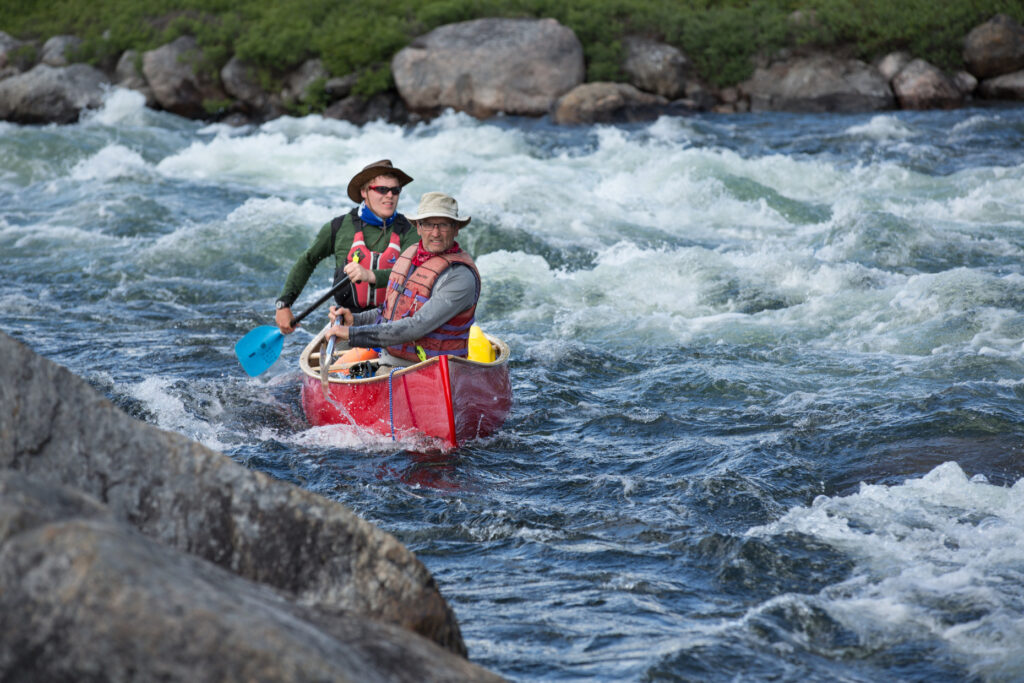
(Now, I admit that as a creative writer I am prone to exaggeration, but in this case with over 100 km of river and barren land still ahead us, I’ll just stick to the facts.)
Knowing this was going to test our abilities, we decided to change up canoeing partners. Mick Peterson drew the short straw and got stuck with me in the stern, but to his credit remained chipper; that is, until we pushed off from shore, got fouled up by a strong eddy and headed sideways through the rapids.
“Get out! Get out!” I heard Mick yell as the stern began to swing.
The canoe now backwards, I looked over my shoulder at water exploding against boulders. That’s when I felt the hull pitch hard; Mick had jumped for shore. Panicking, I too dove out, though with the forethought to exit on the upstream side, lest I get crushed between the canoe and a rock by a thousand pounds of water.
“Grab the canoe!” I heard someone yelling as I bounced hard off the bottom and surfaced sputtering for air. I held on for dear life and tried to swim the craft to shore, but my legs wouldn’t work.
Mercifully, Mick made it to shore with the bowline and with the help of others swung the canoe in to shore. But the current had me pinned hard against the canoe, which itself was hard up against a large boulder. And there was another problem no one could see.
Chest-deep in current on the outside of our scuttled canoe, the river wanted to take me down bad. Letting go was not an option, so the only way out was over the canoe – but why weren’t my legs working? I would later discover a zippered leg of my hiking pants had torn loose. The baggy pant leg ballooned with water around my left ankle and was acting like a 100-pound sea anchor on one leg.
It would be a perilous 10-minutes clinging to that hull before my friends could rally together to unlash the gear and haul the canoe and me to shore.
More than a bit scared, I was completely dejected for letting the guys down – especially my son Chris, who I obviously wanted to impress. And with the adrenaline rush fading, my whole body began to shake as the five other guys watched with concern on the bank above me.
I dropped into a black funk. Now what? Carry the canoe the rest of the way?
Mick came and sat quietly beside me for several minutes. Then he laughed.
“At least we’re still alive,” said Mick, soaking wet. “Yes, everyone’s looking at us, but it’s what we do next that will define us.”
He stood, extended a hand and hoisted me to my feet. I literally hugged the guy and with that we started to bail.
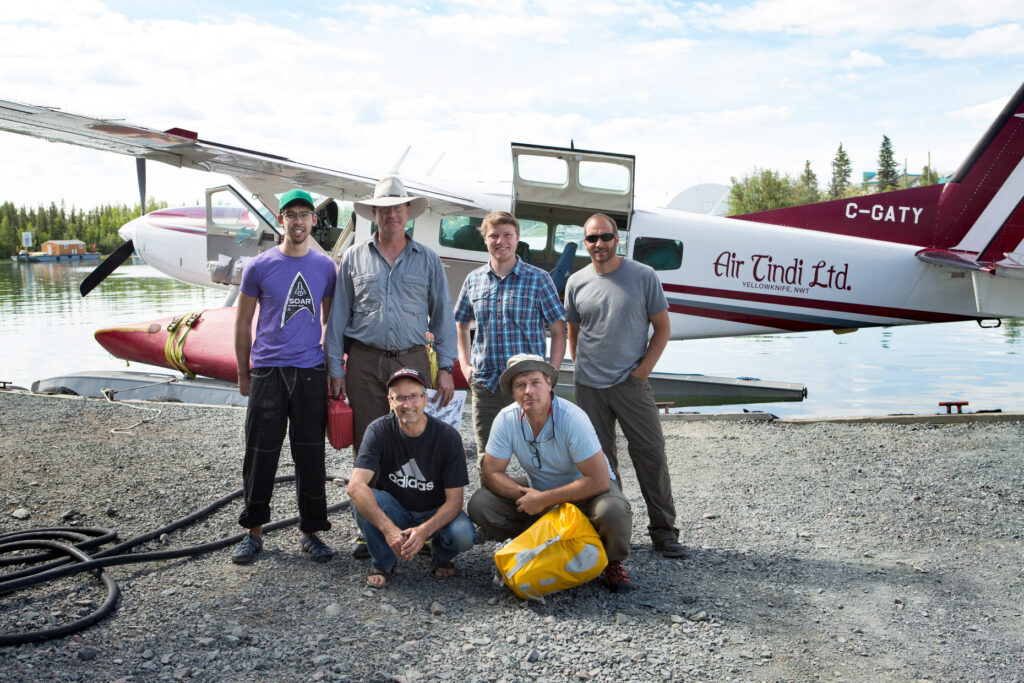
I can’t wait until next year!


